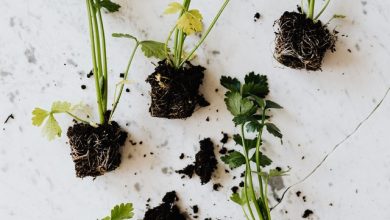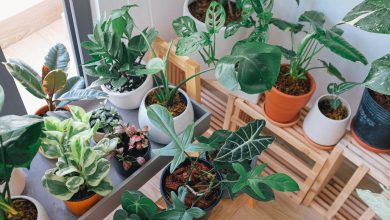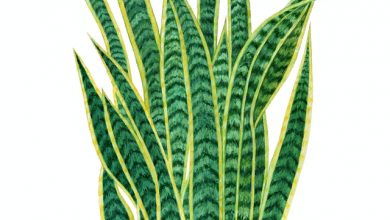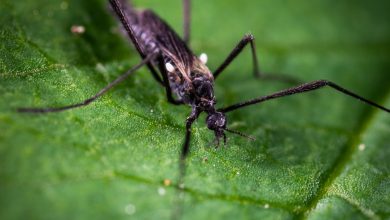How to Keep Weeds Out of Your Garden
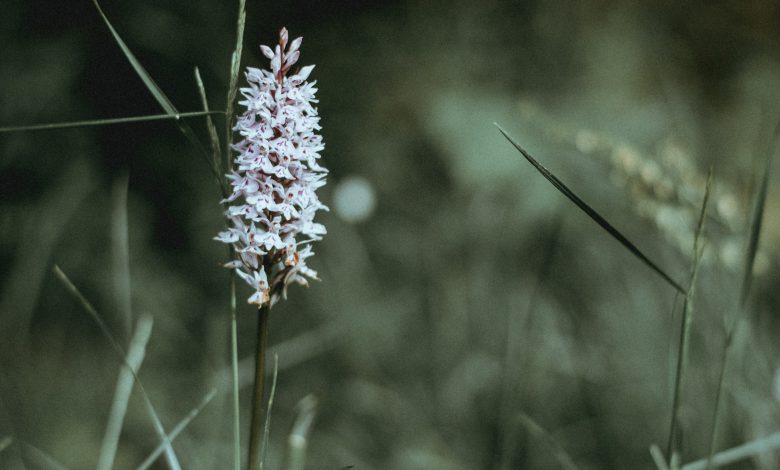
Weeds have invaded your garden and overpowered your plants at present, right? This is a resounding reason to vengefully seek ways to keep the weeds out of your garden. While you’re going to have more reasons to keep weeds out of your garden by reading further, this article is poised to primarily provide the indispensable guide to keeping weeds out of your garden.
Why Do You Need to Keep Weeds Out of Your Garden?

They Abet Pests and Dangerous Animals
Weeds are complicit to the presence of pests in your garden. Imagine having voles, rabbits, deer, and others in your garden all at once. And those animals may not even feed on the weeds that accommodate them. Instead, they choose to consume just the plants inside the garden.
It’s true that some of the animals scamper away immediately. They sense the presence of a human. But what about those that are dangerous? Snakes are a good example. It won’t only live in your garden and eat some of the plants. It can also launch an attack that could lead to trauma or even death. To avoid snakes and other pests in your garden, you must keep weeds away.
Weeds Compete With Your Plants
You intend to have plants that you’re hopefully going to harvest in a specific period in your garden. Your expectations are shattered when weeds take over the garden so that you’re even afraid of entering. Weeds engage in fierce competition with the plants in your garden, causing a smaller or less successful harvest.
Some Weeds Give an Itching Sensation
If you’re someone that doesn’t like the sensation of itching on any part of your body, you really won’t delay on getting rid of the weeds in your garden. Some of those weeds can make you scratch your body from morning till night.
A Threat to Your Home
When there are too many weeds in your garden, they can advance closer to your home. This means that those pests are likely going to be paying you visits any time soon. You don’t want any an orchestra of raccoons, voles, rabbits, mice, and even snakes in your home. Apart from the fact that those animals can eat up all of your food, some are constant carriers of different kinds of deadly diseases. So getting rid of the weeds in your garden keeps you and your family safe.
How to Keep Weeds Out of Your Garden
This question is worth several gold karats, because the answer to it keeps you, your garden, and your family safe.
Mulch Your Garden
Stubborn as weeds are, they have a weakness, which is similar to that of any plant. The flaw is that both plants and weeds need photosynthesis to grow. Deprive those weeds of the blessing of the sun. To successfully mulch your farm, get some newspapers, lay them on the land, and then spread the mulch all over the newspapers. Make sure that you have a thick layer of mulch atop the papers. This way, you prevent the enemies of your plant from surging from anywhere at any time. The challenge in this natural method is that you have to find a way to spare your plants.

Plant in Blocks
Weeds overtake plants because they grow faster and in multitudes. If you plant inside blocks, your plant is likely going to prevent the grass from getting nutrients from the sun. Shading out the grass in your garden is one of the most recommended ways to keep weeds out of your garden.
Use Vinegar
Vinegar effectively kills weeds when you spray it on them. But the challenge here is that you will have to devise a method by which you will separate your plants from the weeds you intend to kill, else both your treasured plants and the weeds will vanish.
Spray Hot Water
Plants are living things like animals, and so are weeds. And it’s rare to find a living thing that likes getting bathed in scalding hot water. Pouring or spraying hot water over the weeds in your garden is one way to effectively kill them. If the weeds have been allowed to grow with your treasured plants, be careful not to pour the water on both.
Close Planting
In addition to planting together inside blocks, if your garden herbs are closely planted, you’re choking weeds and preventing them from getting enough photosynthesis to grow. Nevertheless, you should know that the purpose of spacing is to prevent the spread of diseases amid plants in your garden.
Wet Just the Plants
Plants need water, and weeds do too. None of them can survive when they lack water. As a result, when you’re wetting your garden, you should carefully wet just the plants and deprive the weeds of their needs.
Apply Compost or Organic Manure
The benefit of this method is that you’re caring for your plant and equally warding off weeds from your garden. Weeds don’t like it when you care for your garden. Therefore, show your plants care by feeding them manure. It makes them grow fast and in public health.
Feed on Them
Some wild plants are edible, while others are not. Surprisingly, dandelion weeds contain nutrients that nourish the body. You could give it a try. Other weeds like yellow dock, wood sorrel, and violet are edible and nutritious. However, be mindful of which grass you’re trying, as some of the weeds in your garden may be poisonous. You can carry out your research or simply ask experts and experienced people in gardening about which of the weeds to eat and which to avoid.

Uproot Them
This method works better than hoeing your garden, although it requires much effort and time.
You can successfully keep weeds out of your garden with most of these methods, especially if you’re consistent. Remember that weeds are actually dangerous to your garden, as they abet pests and even dangerous animals like snakes. You don’t want to be invaded by even the seemingly harmless parasites in your garden. Don’t forget that some of these animals are carriers of deadly diseases. Many of these diseases are contagious, so keeping weeds out of your garden keeps animals that could be carriers away and keeps you safe. Also, weeds compete fiercely with your plants and can shade them out if you don’t act quickly.
While many of these methods are very useful, it’s important to consult experts in gardening in your own region, as they can provide methods that are probably more in-depth.
